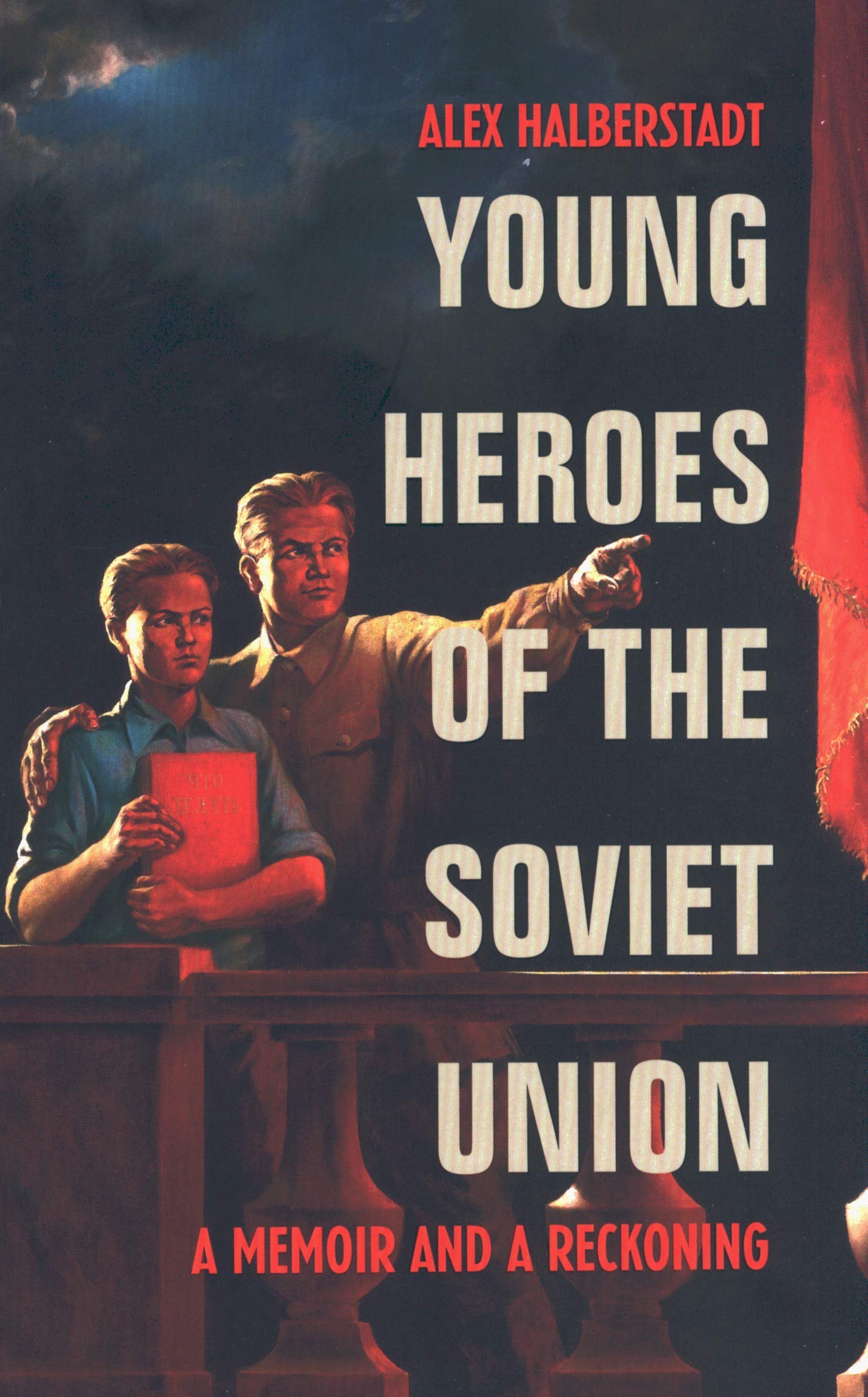Young Heroes of the Soviet Union | Alex Halberstadt

Detalii Young Heroes of the Soviet
carturesti.ro
80 Lei
Carte straina
Vintage Publishing
Young Heroes of the Soviet - Disponibil la carturesti.ro
Pe YEO găsești Young Heroes of the Soviet de la Vintage Publishing, în categoria Carte straina.
Indiferent de nevoile tale, Young Heroes of the Soviet Union | Alex Halberstadt din categoria Carte straina îți poate aduce un echilibru perfect între calitate și preț, cu avantaje practice și moderne.
Caracteristici și Avantaje ale produsului Young Heroes of the Soviet
- Departament: gaming-carti-birotica
- Ideal pentru pasionații de jocuri, birotică și distracție online.
Preț: 80 Lei
Caracteristicile produsului Young Heroes of the Soviet
- Brand: Vintage Publishing
- Categoria: Carte straina
- Magazin: carturesti.ro
- Ultima actualizare: 27-10-2025 01:24:43
Comandă Young Heroes of the Soviet Online, Simplu și Rapid
Prin intermediul platformei YEO, poți comanda Young Heroes of the Soviet de la carturesti.ro rapid și în siguranță. Bucură-te de o experiență de cumpărături online optimizată și descoperă cele mai bune oferte actualizate constant.
Descriere magazin:
His search takes him across the troubled, enigmatic land of his birth. In Ukraine he tracks down his paternal grandfather - most likely the last living bodyguard of Joseph Stalin - to reckon with the ways in which decades of Soviet totalitarianism shaped and fractured three generations of his family. He returns to Lithuania, his Jewish mother’s home, to revisit the legacy of the Holocaust and the pernicious anti-Semitism that remains largely unaccounted for, learning that the boundary between history and biography is often fragile and indistinct. And he visits his birthplace, Moscow, where his glamorous grandmother designed homespun couture for Soviet ministers’ wives, his mother dosed dissidents at a psychiatric hospital, and his father made a living by selling black-market jazz and rock records.Finally, Halberstadt explores his own story: that of a fatherless immigrant who arrived in America, to a housing project in Queens, New York, as a ten-year-old boy struggling with identity, feelings of rootlessness and a yearning for home. He comes to learn that he was merely the latest in a lineage of sons who grew up alone, separated from their fathers by the tides of politics and history.As Halberstadt revisits the sites of his family’s formative traumas, he uncovers a multigenerational transmission of fear, suspicion, melancholy, and rage. And he comes to realize something more: nations, like people, possess formative traumas that penetrate into the most private recesses of their citizens’ lives.

Produse asemănătoare
Produse marca Vintage Publishing

My Policeman. NOW A MAJOR FILM STARRING HARRY STYLES, Paperback/Bethan Roberts
![]() elefant.ro
elefant.ro
Actualizat in 28/10/2025
72.99 Lei

The Sacred And Profane Love Machine, Paperback/Iris Murdoch
![]() elefant.ro
elefant.ro
Actualizat in 28/10/2025
115.99 Lei

The Good Sharps. The Eighteenth-Century Family that Changed Britain, Paperback/Hester Grant
![]() elefant.ro
elefant.ro
Actualizat in 28/10/2025
79.99 Lei

New Green History Of The World. The Environment and the Collapse of Great Civilizations, Paperback/Clive Ponting
![]() elefant.ro
elefant.ro
Actualizat in 28/10/2025
93.99 Lei

